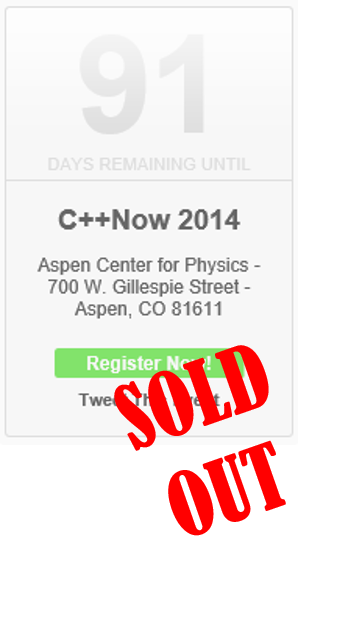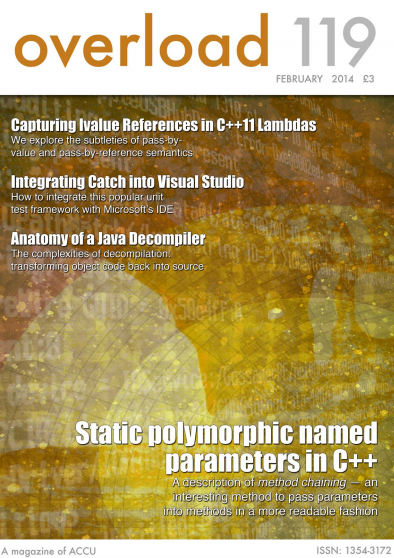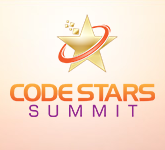Range Concepts, Part 1 of 4: Delimited Ranges
The start on a series about ranges from Eric Niebler:
Range Concepts, Part 1 of 4: Delimited Ranges
By Eric Niebler
From the Article:
I’ve been digging into ranges recently, and I’m finding them to be more than just a pair of iterators. In a series of posts, I’ll be expanding the notion of what a range is to cover some kinds of ranges not easily or efficiently expressible within the STL today: delimited ranges and infinite ranges. This post deals with the problems of representing delimited ranges with STL iterators.

 Can you spot the bug?
Can you spot the bug? As interest in C++ keeps rising, there are more C++ events but they are also selling out faster. C++ Now 2013, Going Native 2013, and C++ and Beyond 2013 all sold out, some six months before the event.
As interest in C++ keeps rising, there are more C++ events but they are also selling out faster. C++ Now 2013, Going Native 2013, and C++ and Beyond 2013 all sold out, some six months before the event. Overload 119 is now available. It contains the following C++-related articles, and more:
Overload 119 is now available. It contains the following C++-related articles, and more: Michael Caisse and Jon Kalb will be conducting a two-day training class on C++11 in San Francisco in March as part of the
Michael Caisse and Jon Kalb will be conducting a two-day training class on C++11 in San Francisco in March as part of the